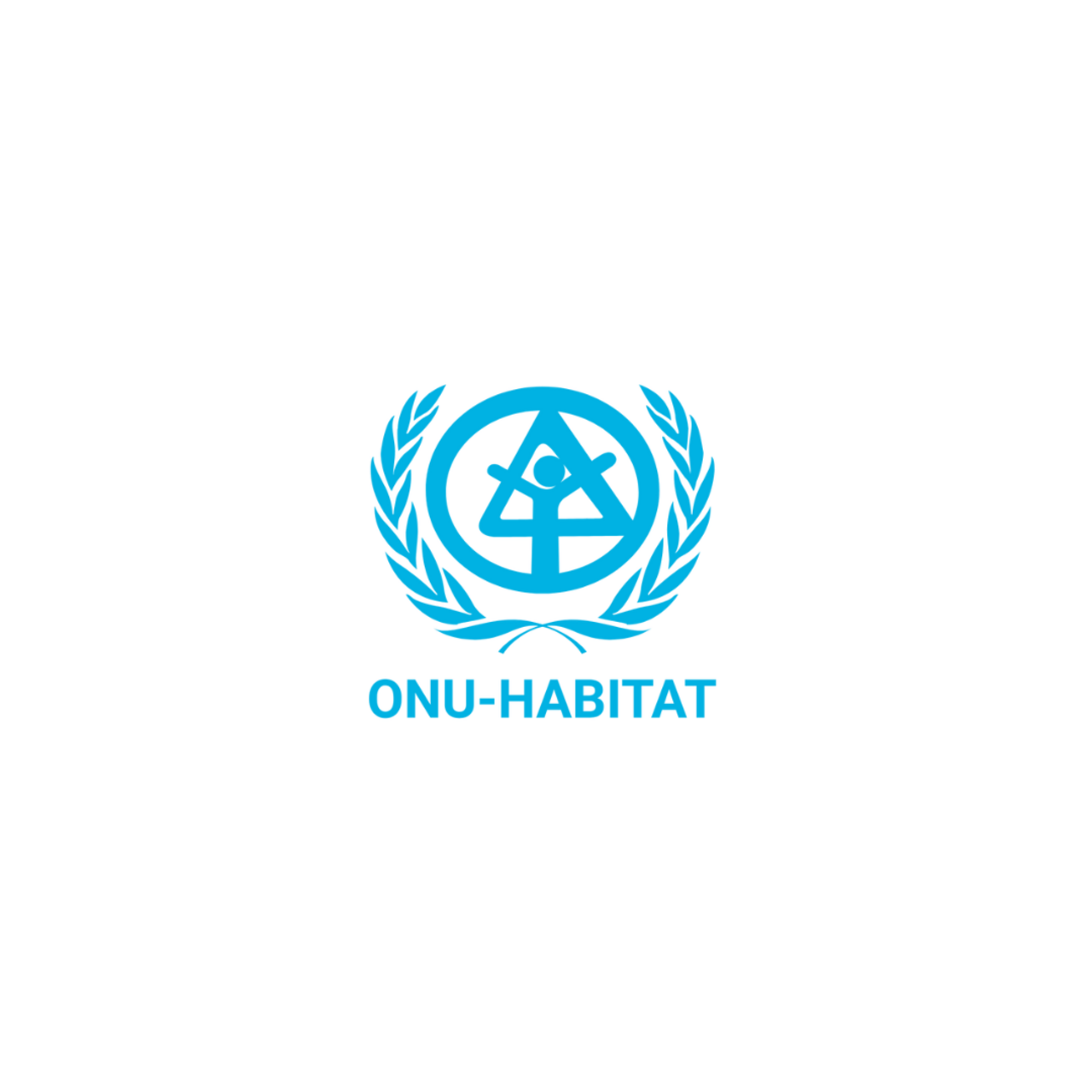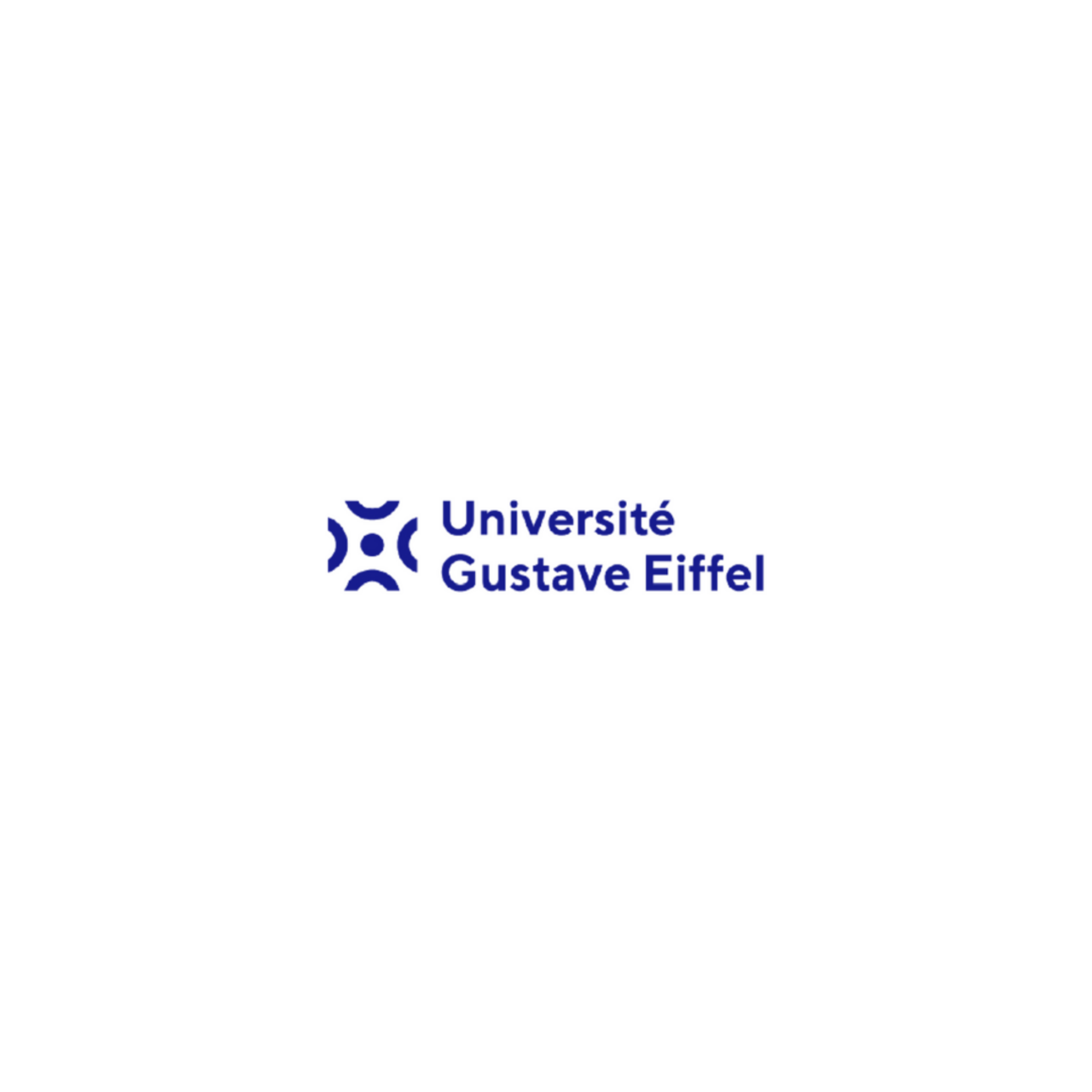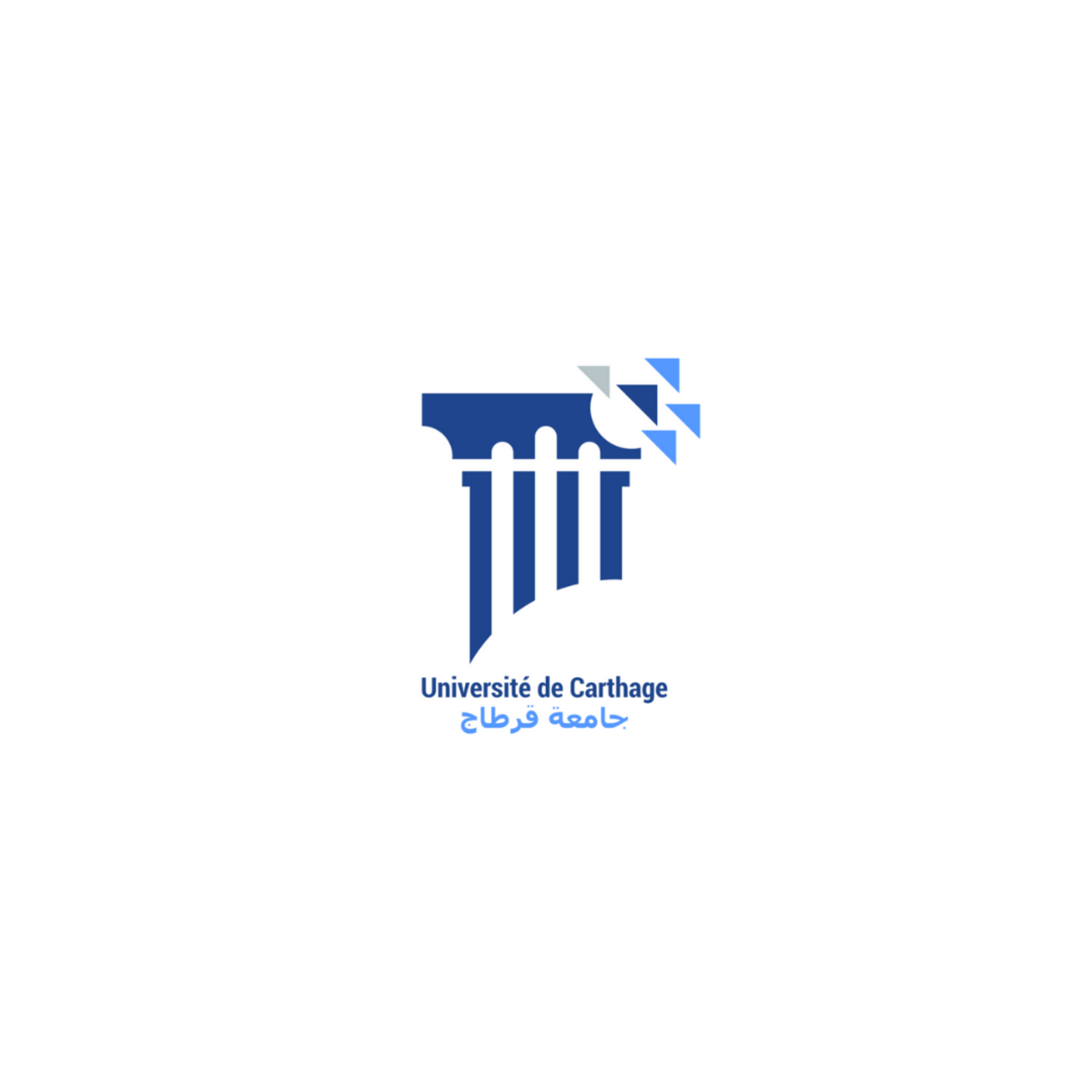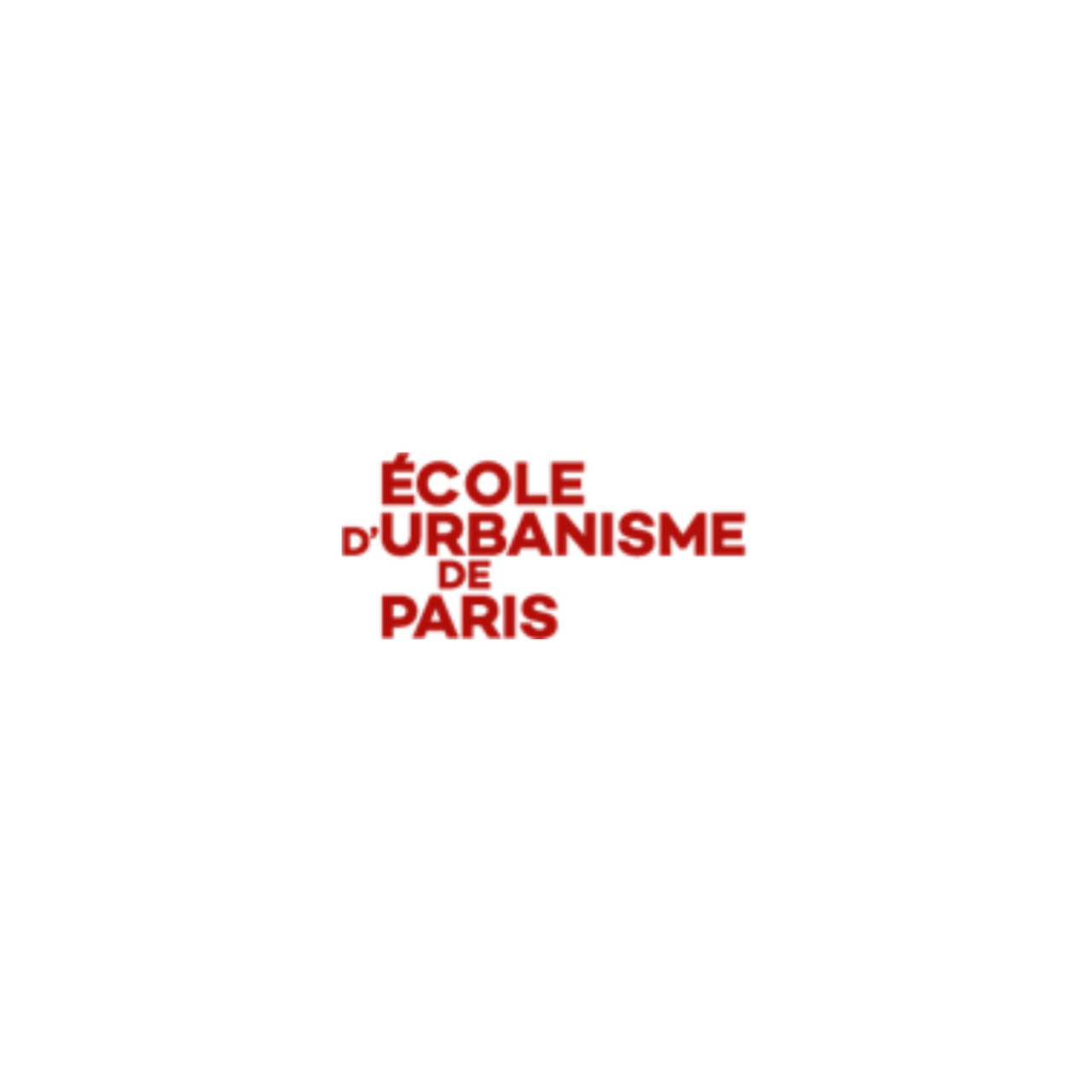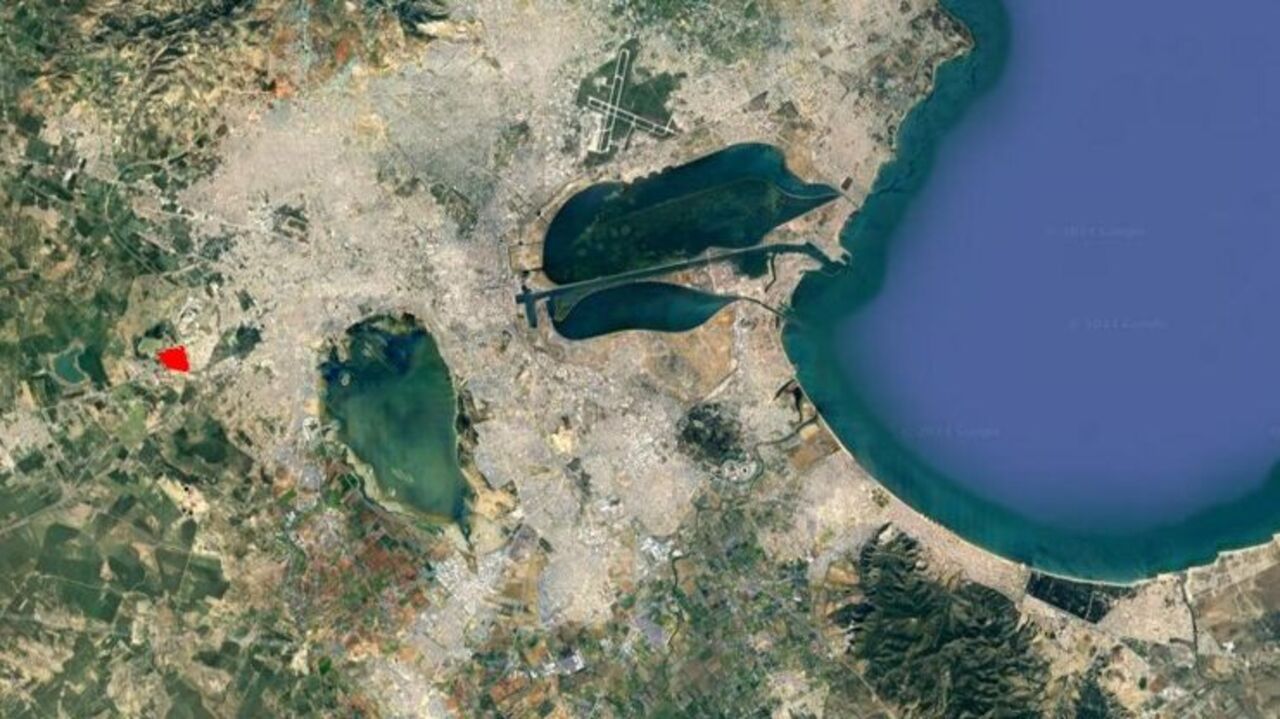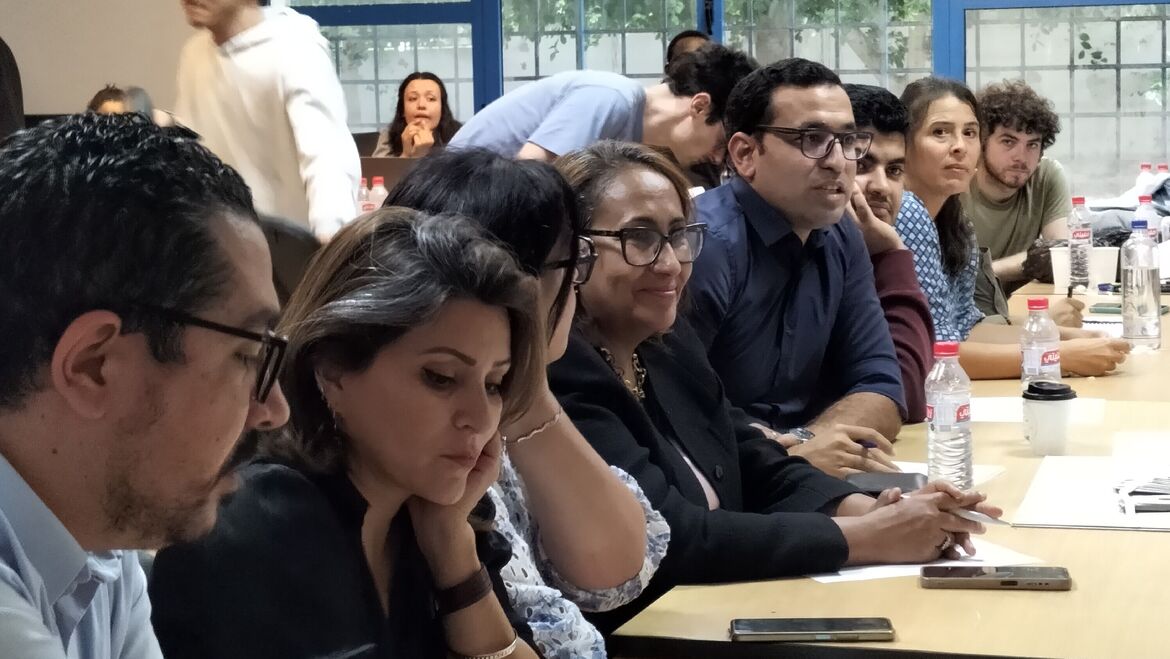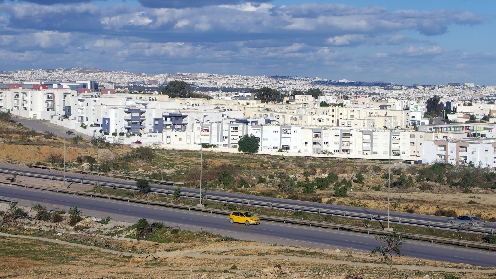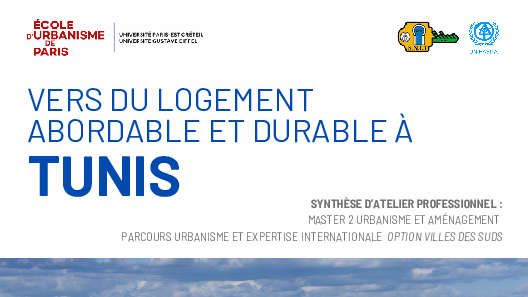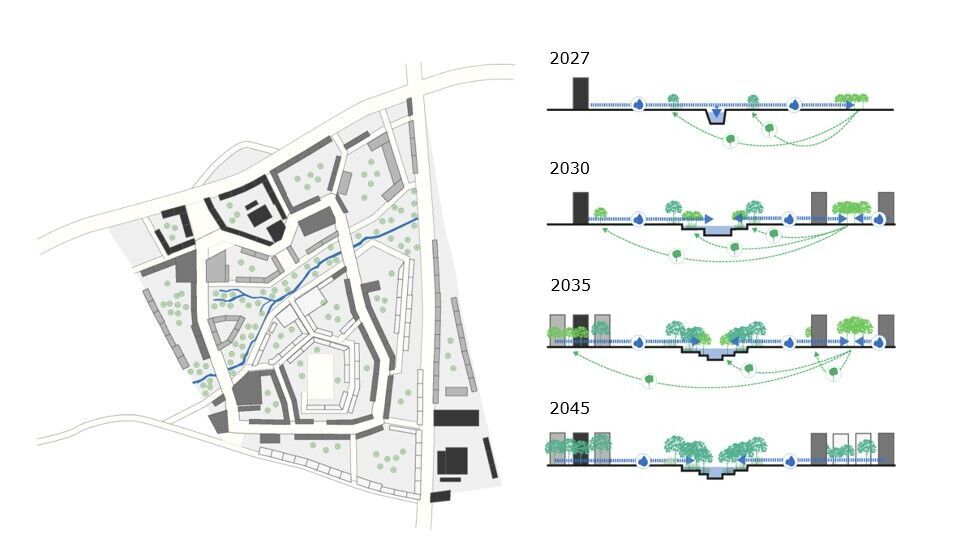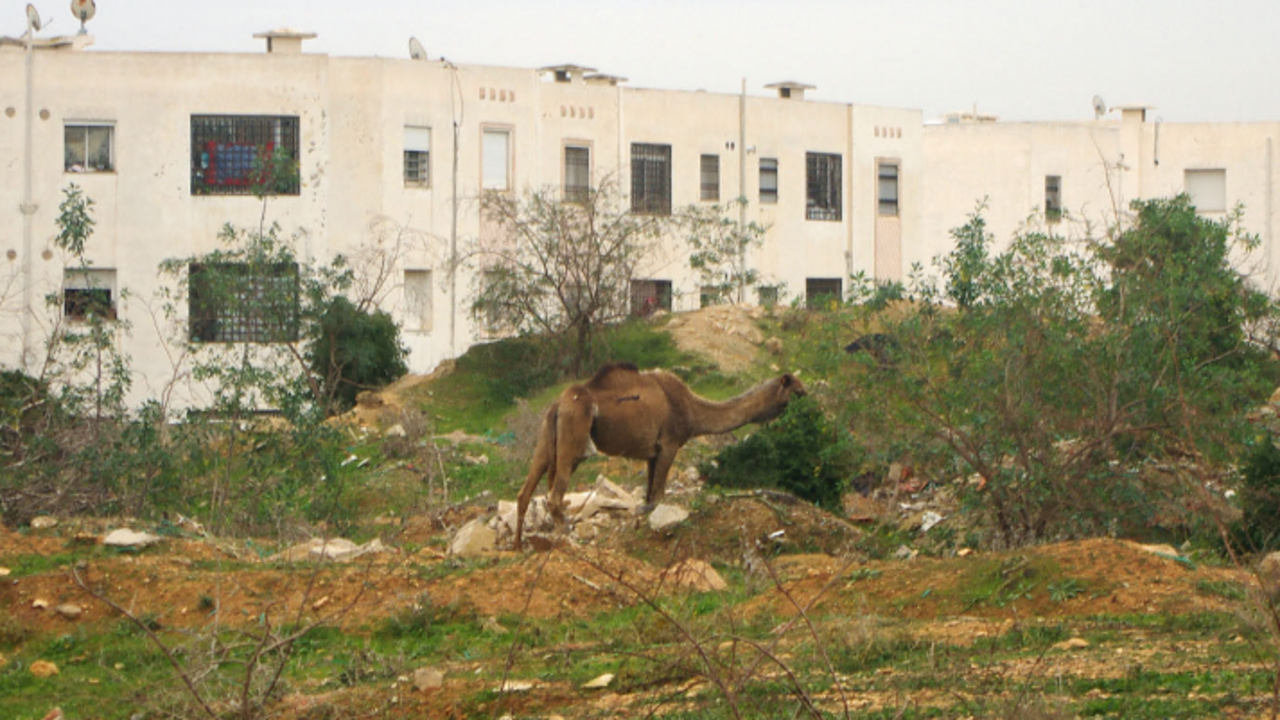JDID
In Arabic, JDID means “new”. In French, it is the acronym for "Jalons pour un Développement Immobilier Durable" : Milestones for Sustainable Urban Development.
Launched in 2022, JDID is the first project of the ISCI-MENA Chair and served as a foundational pillar leading to its establishment in November 2024.
Through a series of academic workshops, the project supports Tunisian institutions in implementing more sustainable urban planning practices, capable of addressing environmental challenges and the evolving needs of Tunisian society. Gustave Eiffel University and the University of Carthage have committed to this approach in partnership with UN-Habitat Tunisia, in response to a request expressed by the SNIT (National Real Estate Company of Tunisia) and the City of Tunis.
JDID falls within the Chair’s first thematic area: nature-based solutions.
The project is led by Ms. Chiraz Gafsia (UN-Habitat Tunisia), Mr. Christian Piel and Mr. Gilles Hubert (EIVP), Ms. Olfa Ben Medien (ISTEUB), and Ms. Seloua Ferjani (ENAU).
Project background
Since 1957, the SNIT (Société Nationale Immobilière de Tunisie) has been Tunisia’s main provider of collective housing. The notion of a “social landlord” does not exist in the country, as public housing policies focus primarily on access to home ownership.
The El Agba 1 district was developed in 2010 with this aim. Today, discussions are underway to explore how to adapt the neighbourhood to the increasingly frequent and intense heatwaves.
Indeed, according to a 2024 study by Tunisia’s National Institute of Meteorology (INM), the average temperature (29.5 °C) was 1.5 °C above normal. Summer 2024 ranks as the fourth hottest since 1950, tied with the summers of 2023 and 2012, and behind 2003, 2022, and 2021.
Consequently, SNIT approached UN-Habitat Tunisia for guidance on implementing sustainable urban development practices.
The objective is to adapt the built environment to rising temperatures and sustainability challenges, while also anticipating such considerations in upcoming projects, notably the Agba 2 site. This 53-hectare plot, located on the western edge of Greater Tunis, is intended to become a district of over 5,000 housing units.
It is in response to this request that the JDID project was born. Initiated in 2022, it embodies a new approach to urban design aligned with the mandate of UN-Habitat and the Sustainable Development Goals, in particular, SDG 11 and SDG 13.
This work is carried out through a series of academic workshops and studies in collaboration with Gustave Eiffel University (EIVP / Department of Urban Engineering) and the University of Carthage (ENAU and ISTEUB, schools of architecture, urban planning, technology, and construction).
The project is structured around a sequence of milestones:
- The first, focusing on architecture and engineering, investigates the raw land at El Agba 2 and its specific challenges (ravines, wadis, flood risk).
- The second, in urban planning, offers recommendations on housing, living conditions and service access, based on a socio-urban analysis of residents of El Agba 1.
- The third, again in architecture and engineering, will assess the feasibility of water infiltration solutions on the El Agba 1 site (e.g. greywater reuse, phytoremediation, sponge rooftop terraces, etc.).
To learn more:
JDID, Milestone 2: Towards Affordable and Sustainable Housing in Tunis
From 3 to 13 December 2024
JDID, Milestone 1: Adapting the El Agba 2 Housing Development to Climate Change
From 10 to 15 June 2024


